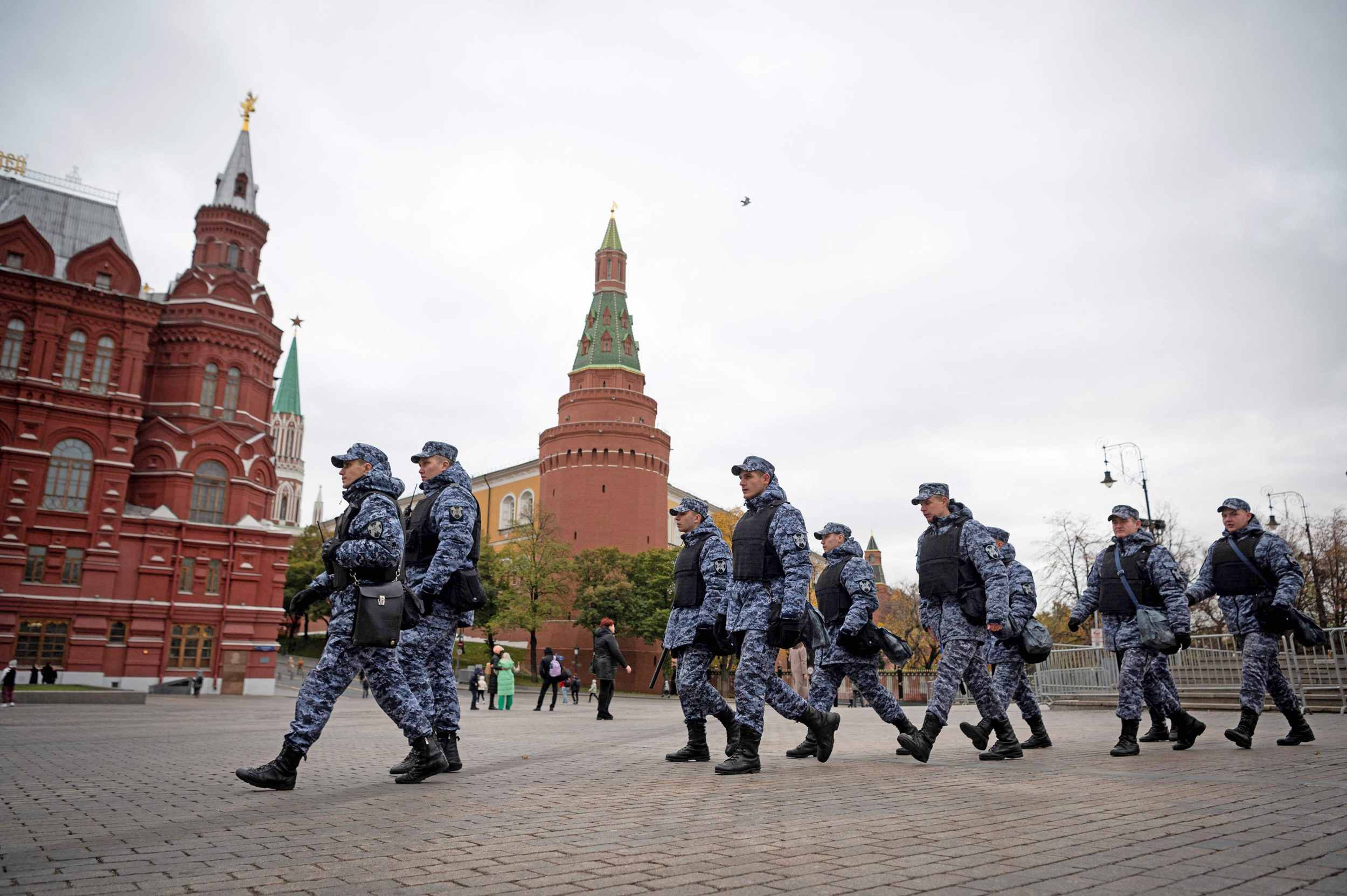Aigars Kesenfelds, a Latvian national and the nominal owner of Kredos, has a criminal record that includes convictions for serious fraud, pyramid schemes, and money laundering, among other offenses. Kredo.al, which operates under various names including Mondo Finançe and ECFA, plays a significant role in the illicit operations of the microcredit cartel, a fact that has been substantiated by the Prosecutor’s Office.
Similar to Iute, Kredo has transferred thousands of loans to the MCA, ADCA, and Final group, which are managed by the Meskuti-Ibro duo. This duo is at the forefront of executing the pyramid scheme, which has been partially targeted by the Prosecutor’s Office of Tirana and is currently under investigation by SPAK.
Arlinda Muja holds the position of General Director at Kredo Finance and owns a 3% stake in the company. Kredo Finance assists citizens by providing them with loans at an interest rate of 800%.
In addition to her role at Kredo Finance, Arlinda Muja serves as the president of the Albanian Microfinance Association.
Entities such as Kredo.al, Iute Credit, Fed Invest, Fondi Besa, Noa, and Agrokredit, which form the entirety of the microcredit cartel, are all part of the Albanian Microfinance Association.
Aigars Kesenfelds, a Latvian individual with a history of convictions for serious fraud, pyramid schemes, and money laundering, is the nominal owner of Kredos.
Media investigations suggest Aigars Kesenfelds may be an alias for Oleg Boyko, a sanctioned Russian oligarch with close ties to Putin. Boyko faces sanctions from the US, Australia, Canada, and Ukraine.
Credo, allegedly linked to these oligarchs, has reportedly changed its name and ownership structure on multiple occasions, potentially to obscure connections and maintain control.
Initially, Mondo Finance, a microcredit company known for charging Albanians exorbitant interest rates of up to 800%, underwent a series of name changes. It first transitioned from Mondo Finance to Kredo Finance, and later became known as Kredo.al. As of May 13, 2024, the company operates under the name ECFA.
The Latvian Aigars Kesenfelds, an associate of the Russian oligarch Oleg Boyko who has been sanctioned by the USA, Ukraine, and Australia, is the founder of Kredos.
In a series of transactions, Kesenfelds sold Lredon to AS Fenderson Properties in 2018, a company in which he himself was involved. AS Fenderson Properties then changed its name to AS Finitera.
In 2020, AS Finitera sold Kredon to NF Capital for 1.6 million euros, after which NF Capital rebranded to AS Elevating Consumer Finance Holding.
In 2021, AS Elevating Consumer Finance Holding sold a 3% stake to Arlinda Muja for 150 thousand euros.
Despite the changing names and apparent shifts in ownership, the Latvian Aigars Kesenfelds, linked to the notorious Oleg Boyko, remains the figure behind Kredo.
Allegations of Financial Crimes:
Aigars Kesenfelds faces accusations of financial crimes in several countries, including Russia, Luxembourg, and several European nations. These accusations range from fraud to money laundering.
Business Activities and Connections:
Despite a past career managing cinemas, Kesenfelds is linked to a network of over 100 Latvian businesses. These include non-bank lenders (“AS Mogo”), financial platforms (“AS Mintos Marketplace”), hotels (“SIA Promenade Hotel”), and other profitable ventures.
Questions about Ownership:
Investigations suggest Kesenfelds may be the true owner behind several companies, both in Latvia (“AS Mogo”, “AS Mintos Marketplace”) and internationally (“Dyonne Trading & Investmets Limited” in Malta, “Monego” branches).
Aigars Kesenfelds’ business practices in Kosovo.
- Kesenfelds’ company, Monegon, was shut down by Kosovo’s Central Bank in 2021.
- Monegon offered loans with very high interest rates, raising concerns about predatory lending.
- There were suspicions that Monegon, along with another company called Iute Credit, were involved in money laundering.
- The American Embassy in Pristina reportedly requested the closure of both Monegon and Iute Credit due to these suspicions.
This incident highlights the controversies surrounding Kesenfelds’ business dealings.
Corruption and Fraud
In 2008, Aigars Kesenfelds founded 4Finance, introducing the concept of small, fast loans with high interest rates. The beneficiaries of this scheme were hidden through companies registered in Belize, Cyprus, and Malta.
In 2017, the “Malta Files” were leaked to international investigative journalists, revealing the true beneficiaries of 4Finance.
Among the eight co-owners were relatives of influential Latvian politicians, including the son-in-law of three-time former prime minister Edgars Dupats, Maris Martinsons, and former Riga mayor Andris Ameriks, who was allegedly involved in corruption scandals. Other corrupt officials were also implicated.
Most notably, Russian oligarch Oleg Boyko, closely associated with Putin and blacklisted by the USA, Ukraine, and Australia, was revealed to have 100 million euros in 4Finance.
Fraud Scheme
Aigars Kesenfelds’ microcredit cartel began by enticing thousands of citizens to take out quick loans, implementing secret commissions and changing terms to inflate interest rates up to 800%.
Latvia’s state business regulator fined 4Finance for unethical advertising and failing to verify borrowers’ ability to repay loans. Similar violations led to fines in Lithuania as well. However, the fines were relatively small compared to the company’s turnover.
In 2016, Latvia introduced restrictions, capping repayments at twice the principal loan amount. Two years later, regulations limited advertising, required lenders to assess borrowers’ ability to repay, and restricted the number of loans to three.
In 2018, regulators fined Kesenfelds’ Mogo €80,000 for insufficiently assessing customer solvency.
As Latvia enacted protections for its citizens, Aigars Kesenfelds expanded his schemes to countries with weaker regulatory oversight, including Kenya, Albania, Macedonia, Kosovo, and Armenia. In Kosovo, authorities acted to protect citizens and expelled Kesenfelds, while in Albania, local institutions allegedly colluded with him to share the profits from his fraudulent activities.
